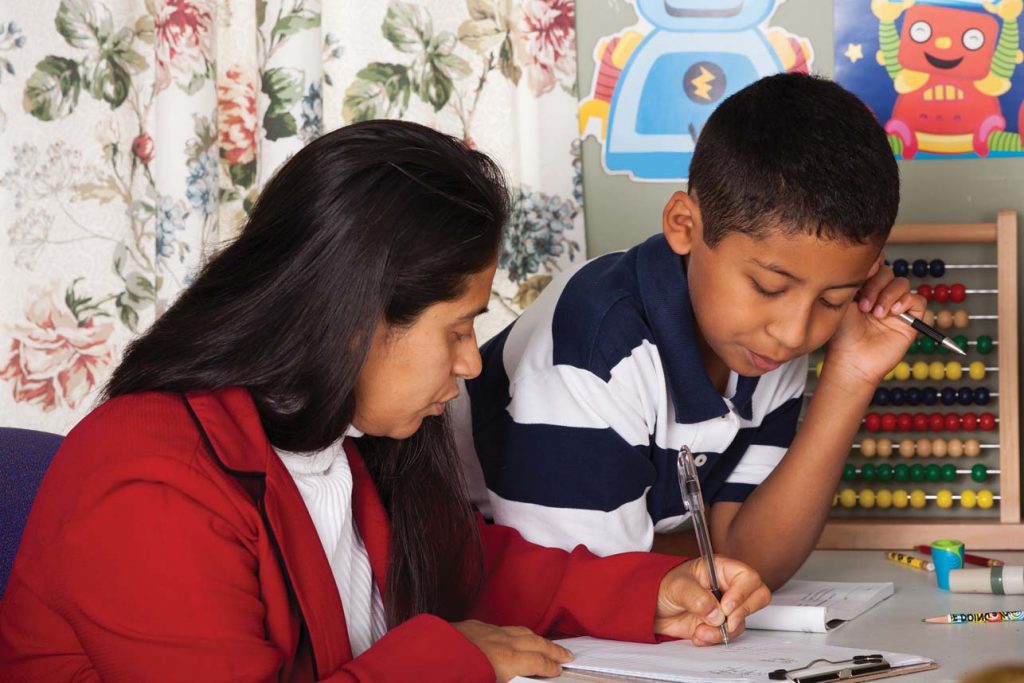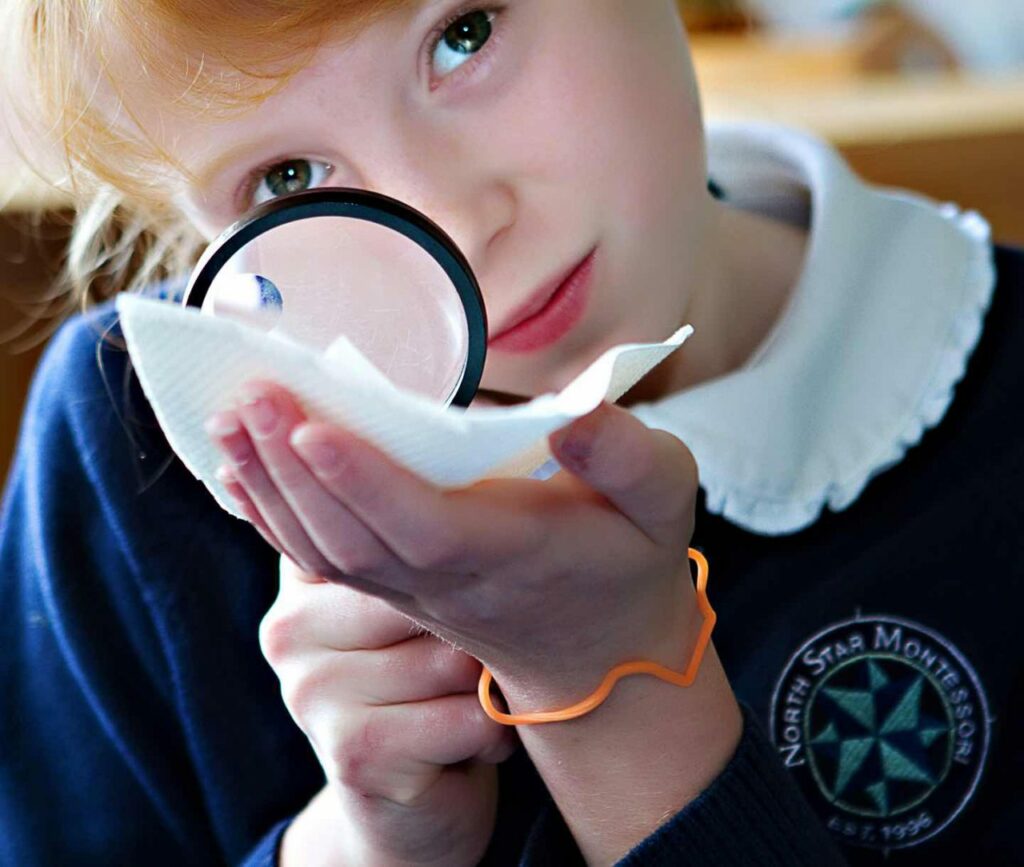For many of us, a simple math equation can trigger an unpleasant visceral reaction. If calculating a restaurant tip or even just seeing a simple math equation makes you feel like running away, you’re probably suffering from math anxiety. Math anxiety is a debilitating emotional reaction to mathematics that interferes with the manipulation and computation of numbers and solving math problems in both ordinary life and academic situations. Scary, huh? The good news is you’re not alone. The bad news is that you’re probably passing this on to your kids.
Dr. Sian Beilock a psychology professor at the University of Chicago and her fellow researchers confirmed that math anxiety hindered math performance and that parental math anxiety can be passed on to children. How many times have you heard someone say “I’m just not good at math” or “I just don’t have a numbers brain”. It seems like everyone around us, except for a select few, feel inadequate when it comes to doing math. While this may make us feel better about ourselves, what it really does is tell our kids that math is hard and people are simply “born” with being successful in math. We are setting our kids up to fail by surrounding the subject of math with anxiety and avoidance.
Luckily, there are many ways for you and your child to combat math anxiety:
- Change the way you think about math – there is an enormous misconception that we are either born knowing how to do math or we are not. We never hear anyone say “I’m just not a driving person” or “I just don’t have a driving brain”. People fail their driver’s tests over and over again and still persevere because it is considered a life skill. Math, much like driving, is a learned life skill that only gets better with time and practice. Anyone can be good at math, they just need to work at it.
- Do math every day – With any fear, the best way to overcome it is to face it and the truth is, you’re already doing math everyday! Seemingly mundane tasks like paying in cash or measuring out baking ingredients involve important mathematical concepts. The more frequently you do math, even if it’s just half an hour every day – mundane tasks included, the more comfortable you will become with math and the less power it will hold over you.
- Present math as a creative subject – You may be thinking that there is no way math can be creative, but just like music or art, the basic facts are true and what you do with the rest is up to you. Much like musical notes or painting techniques, numbers and number sense are learned and memorized, but the way we solve problems can be creative – there is never just one way to do it.
- Make math fun – showing kids how math can be used in their everyday tasks, with time and money in particular, makes them understand why developing a mathematical mind is important. Playing math games can help them do this without even knowing it – we tend to absorb the most when we’re having fun!
- Change your attitude – This may seem like the most obvious one but it is by far the most important. When kids have been told that math is hard and an unachievable feat, they enter the classroom with a negative, “I can’t do it” mindset. Changing the language and thinking around math can make an enormous difference in your child’s attitude towards math. Coming in with a “can do” or even a “will try” attitude can make a world of difference in combating math anxiety and performing well.
There are lots of fun games you and your child can play at home to implement these anti-math anxiety methods! If you have a deck of cards, take all the face cards out and split the rest into two piles. Flip over the first two cards and add, subtract or multiply depending on your child’s level. You get a point for every question you get right and it’s double the fun if you play against a friend. If you’re in a pinch, try skip counting by 2s, 5s, and 10s in the car on the way to school! Quick math games like these, if practiced every day, make math part of a student’s everyday routine and make math less intimidating while working on essential mental math strategies.
Alaina Chun is a Director at Aspire Math Academy which specializes in teaching mathematical strategies and concepts in ways where students don’t even realize they’re learning. They are passionate about eliminating math anxiety and will give a free lesson to any student in need. Contact them at info@aspiremathacademy.com or 604-902-2217 for more information.













